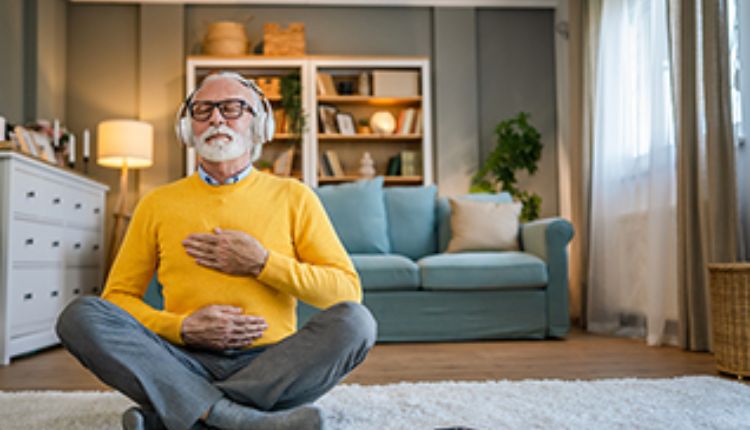Do you ever feel stressed, anxious, or overwhelmed?
Many seniors face these feelings as they adjust to new routines. Mindfulness can help bring calm and balance to daily life.
It means paying close attention to the present moment. This practice helps reduce stress, improve focus, and support mental health.
Seniors in senior living communities can use simple mindfulness habits each day. Whether it’s deep breathing, quiet walks, or focused listening, these small steps can make a big difference.
Discover how mindfulness can support a peaceful and healthy mind.
Deep Breathing Exercises
Deep breathing is a simple way to feel calm and relaxed. Sit in a quiet spot and breathe in slowly through your nose.
Hold your breath for a few seconds, then breathe out through your mouth. Focus on how the air feels as it moves in and out.
Doing this for a few minutes can help lower stress. It can also slow your heart rate and clear your mind.
Many seniors find it helpful before meals or bedtime. It is easy to do and can be part of your daily routine.
Gentle Seated Meditation
Seated meditation is a quiet way to calm your mind. Sit in a chair, your hands resting on your lap, and with your feet flat.
Close your eyes or keep them soft. Breathe slowly and focus on each breath.
Start with just five minutes a day. Let your thoughts come and go without worry.
If your mind wanders, gently bring your focus back to your breath. This practice helps many seniors feel more peaceful and focused during the day.
Nature Mindfulness Walks
Taking a walk in nature can help you feel calm and refreshed. Go outside and walk slowly, paying attention to the world around you. Notice the sound of the birds, the shape of the trees, or the feeling of the breeze.
Use your senses to stay present. Look at the colors, listen to the sounds, and breathe in the fresh air.
Even a short walk in a garden or yard can lift your mood. Many seniors enjoy this peaceful time outdoors.
Mindful Listening Practice
Mindful listening means giving full attention to the person speaking. Sit with a friend, family member, or caregiver and focus only on their words.
Don’t think about what you will say next. Just listen to their voice, tone, and feelings.
This practice helps build trust and strong connections. It also supports good coping strategies for senior depression.
Feeling heard and understood can bring comfort during hard times. Listening closely can make both people feel more valued and supported.
Gratitude Before Bedtime
Thinking of good things before bed can help you feel calm. Each night, name three things you are thankful for. These can be small, such as a nice meal, a sunny day, or a kind smile from someone.
Say them out loud or write them in a notebook. This helps shift your focus to the positive side of life.
Many seniors find that ending the day with gratitude brings peace. It can also improve sleep and overall mood.
Finding Calm Each Day
Taking care of your mind is just as important as caring for your body. Small habits can bring more peace, focus, and joy into each day. You don’t need to make big changes to feel better.
Simple actions, done often, can help you feel calmer and stronger. Over time, these healthy steps can improve how you feel inside. A peaceful mind can lead to a happier, healthier life.
For more informative articles, please visit the rest of our blog.







